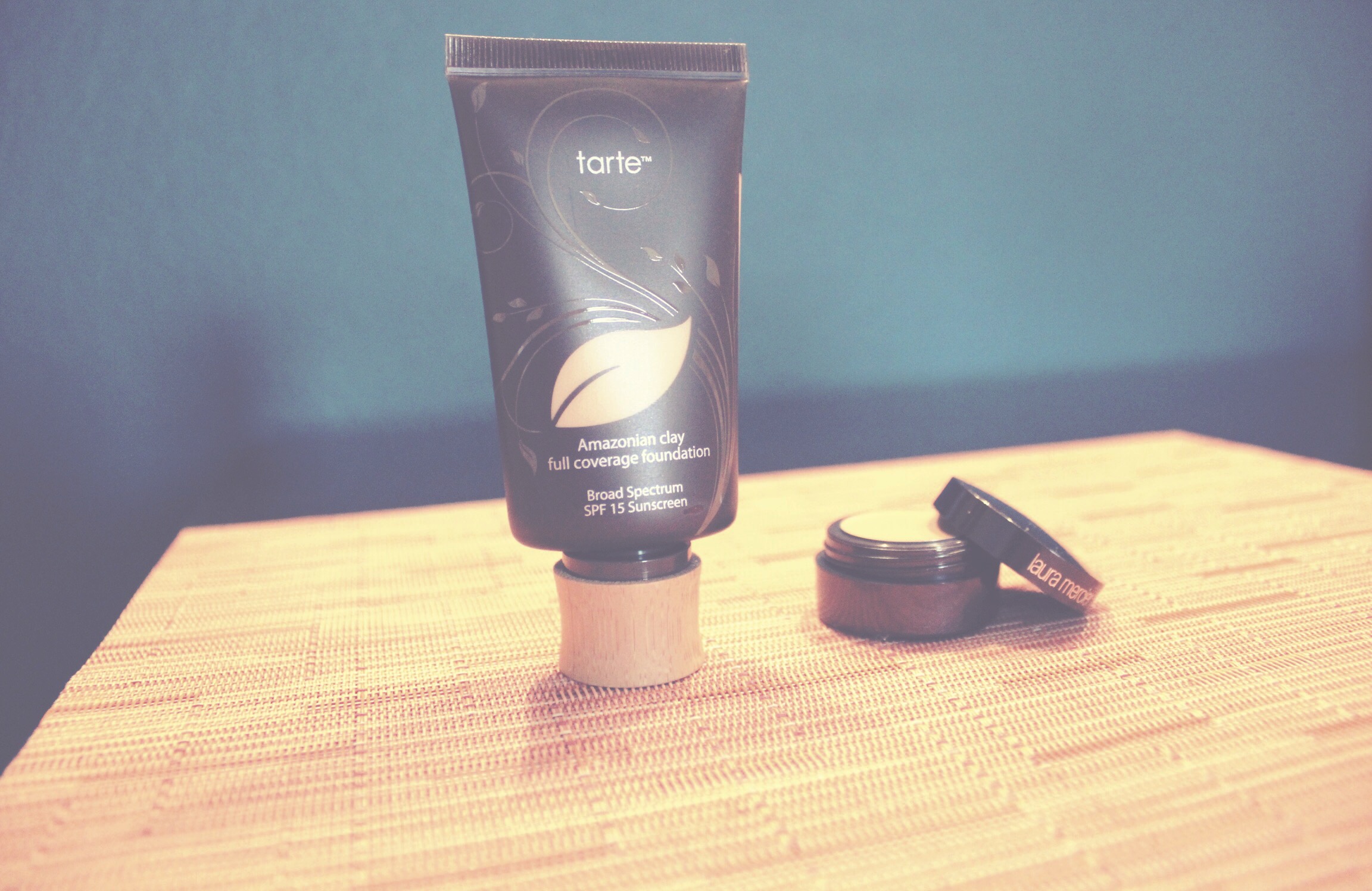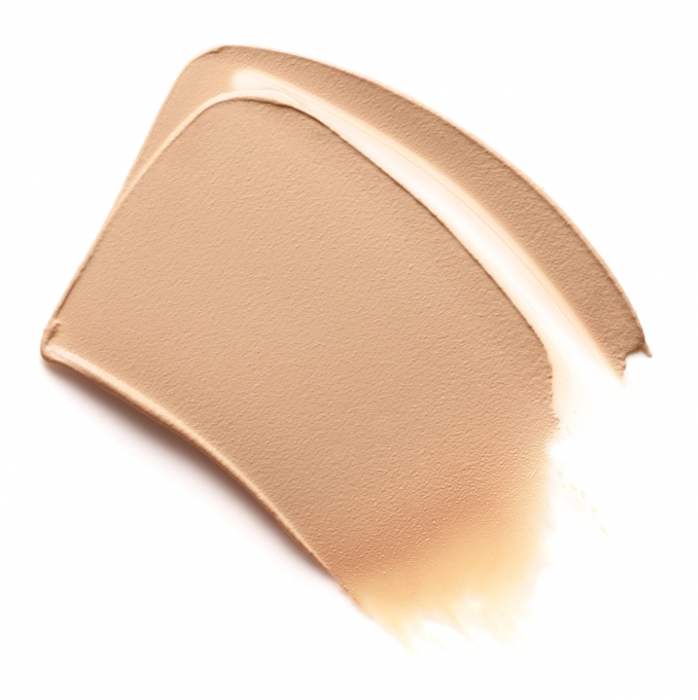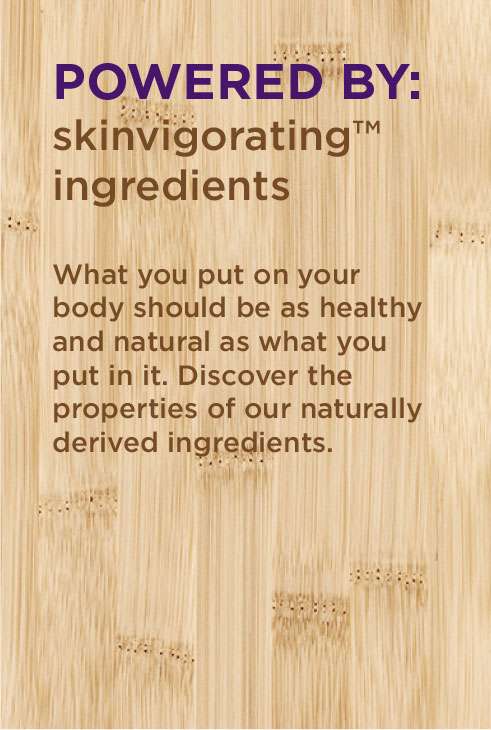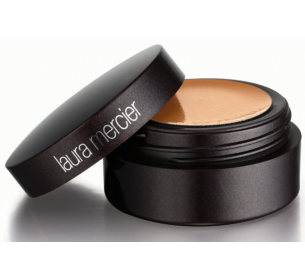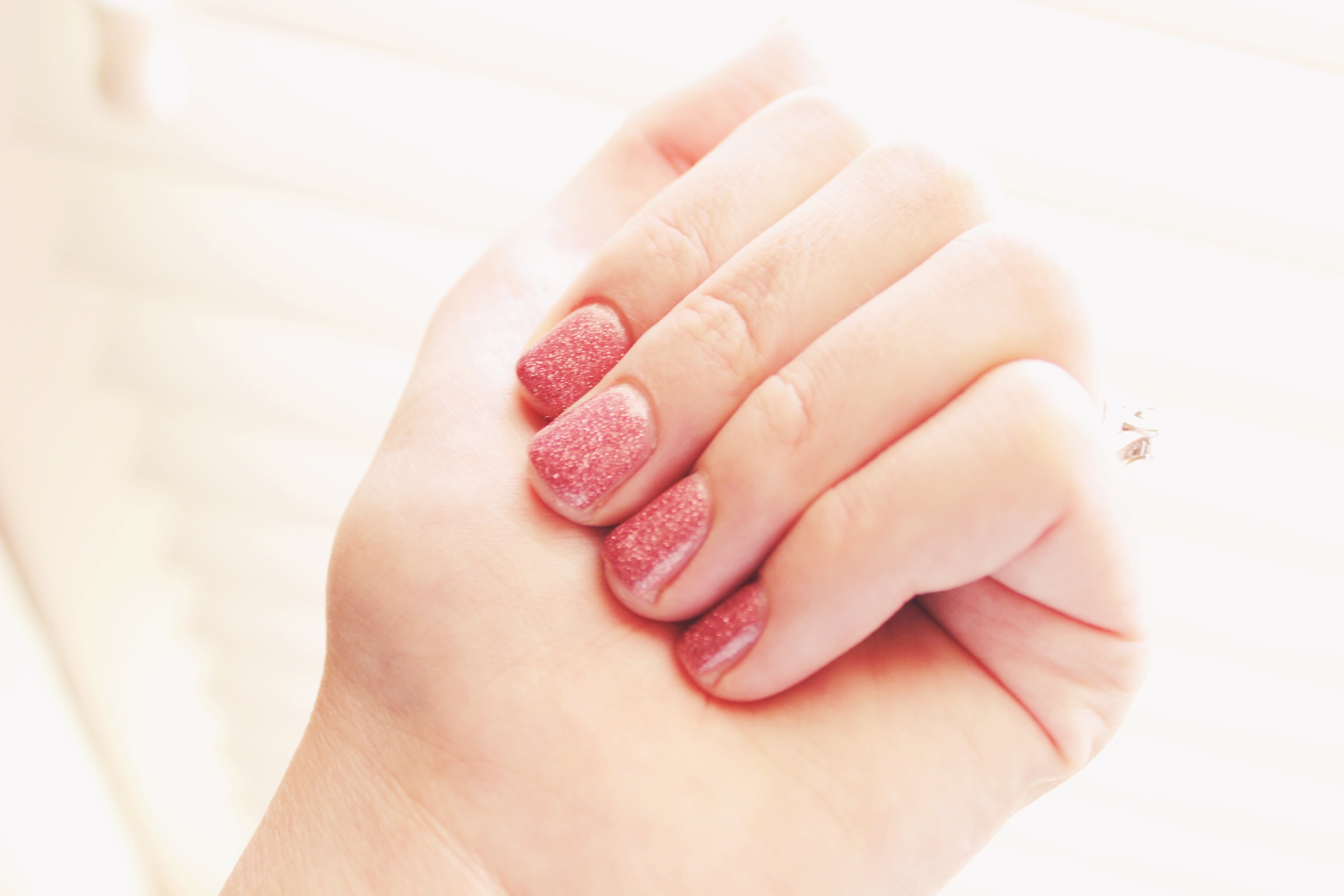Once upon a time, I was a skincare hoarder
Let's admit it, we women are obsessed with our skin; its appearance, tone and texture, the size of our pores - and let's be honest - we would go to the ends of the earth to find that one miracle product if it would solve our life's mission: perfect skin. It's a symbol of our youth and health, and we take it very seriously. I, for one, have always been a skincare fanatic and have always loved trying new products, so naturally, I was the first to get sucked into the pretty packaging and colorful words.
Flash forward many products and disappointments later, and finally, something had to give. I was trying all these products, yet getting the same results; I still had poor skin, and I sure wasn't happy that I had spent a lot of money in the process. I struggled with acne, which made matters worse.
After many years of looking for that "miracle" product, I began a different approach: learn about skin and what it truly needs to be healthy. What I gathered over the years changed my mindset about everything I knew about skin up to that point.
1. Balance
Everyone's skin is different, but one thing is certain: to achieve optimal skin health, it must maintain a balance of natural oils to keep it hydrated and supple. We are taught from the get-go that oil is bad, but this is wrong. Oil is our skin's way of keeping it hydrated, supple, and protected.
Introducing the best facial cleanser, it effortlessly removes makeup and impurities while leaving your skin feeling fresh and rejuvenated. Traditional skin cleansers tend to upset the natural balance that our skin works so hard to maintain and strips the natural oils away, thus creating a recipe for disaster.
Our skin either overcompensates for that loss by overproducing sebum (the oil our skin produces) or our skin gets insanely dry and we have to load on moisturizers. Moisturizers normally have alcohol in them, which can also be very drying on the skin.
A healthy balance of natural oils is your best friend, so find a mild cleanser that is gentle on the skin. Sometimes skipping a cleanser and opting for your trusty H2O works even better to maintain your skin's balance. It truly depends on what skin type you have and what works for you.
2. Hydrate
Hydration is not only good for your skin, it is good for your entire body. This is how toxins are flushed out of your system. And by this, I mean filtered water.
Drinking sugary beverages is terrible for your skin, and they may add to the fact that you are dehydrated. They often contain sodium, which actually makes you thirstier, so no matter how much you drink, your body will not get the hydration it needs.
To know if you are getting enough water throughout the day, listen to your body. Usually, by the time you are thirsty, you will have already lost one to two percent of your body's total water supply. Simply drinking water can make you look years younger!
See how this woman took ten years off her age by drinking three litres of water a day for thirty days!
3. Natural is best
Did you know that mass-marketed skincare products are loaded with tons of harmful ingredients? Just take a look at the ingredients list and see just how many chemicals they contain. I know it's easy to overlook this, but it is important to know exactly what you are putting on your skin. What goes on you has an impact on your health just as much as what goes in you.
Look for products that do not contain known carcinogens such as phthalates, parabens, petroleum-based ingredients, and other non-plant-derived ingredients. Natural oils such as unrefined organic coconut oil are great for your skin because it does not clog your pores and has healing properties. Others such as jojoba oil, mimic the natural oils that your skin produces, so it does not leave you feeling oily.
Choose organic products whenever you can - to avoid ingredients that contain traces of harmful pesticides. And my favorite: make something yourself out of natural ingredients that you can find in your kitchen!
Check out the Think Dirty app or the Skin Deep app and learn about the potentially toxic ingredients in your cosmetics and personal care products.
4. Exfoliate
Like any canvas, you must start with a clean surface. When dirt and dead skin accumulate and mix with sebum, a breeding ground for bacteria is created, which causes acne. This is why it is so important to exfoliate regularly.
Depending on your skin type, you can decide how often it is necessary. Oftentimes, simply exfoliating your skin can make a dramatic impact on its appearance and texture. You can easily make effective masks and exfoliators out of ingredients in your kitchen.
Here's one of my favorite exfoliating masks:
Green Tea Sugar Scrub
2 Tbsp Organic green tea
2 Tbsp Organic sugar
1 Tbsp Raw honey
Directions: First brew yourself a cup of green tea. Take 2 Tbsp of the green tea and add it to a small bowl. Cool it down to room temperature and then mix in the sugar and honey until well incorporated. Evenly cover your face with the mask and let sit for 10-15 minutes or until it dries. Enjoy your cup of green tea while you wait. ^ _ ^ Rinse and pat dry, then follow with your moisturizer.
5. Moisturize
Moisturizing your skin after you have cleansed will ensure that your skin is well-hydrated and prepared for the day or night ahead. I recommend that you listen to your skin as far as how often you moisturize and what type of moisturizer to use.
Everyone will have different needs and moisturizers are not cut out the same for everyone. What works for me is using a Vitamin E moisturizer, and I have also tried jojoba and unrefined organic coconut oil. Since it is currently winter, my skin has been incredibly dry, so I make sure to slather it on. Moisturized skin is happy skin!
Sometimes having overly dry skin can also create breakouts because dead skin cells pile up more rapidly, so make sure to exfoliate well before you moisturize.
6. Protect
Having a diet rich in healthy saturated fats (such as coconut oil) and omega-3s (such as fish oil), and consuming plenty of dark leafy greens, will provide natural protection from the inside out. Vitamin E protects against free radical damage that causes wrinkles, and it also helps to boost collagen production to help treat and repair skin.
Chemical sunscreens may do more harm than good, instead, I try to avoid prolonged exposure to the sun when possible. I believe that the sun in moderation is good for you, as it provides natural Vitamin D. Should you choose to use sunscreen, learn some background information on the different types of sunscreens available. For those seeking natural methods of sun protection, here's a great resource.
If you follow all of these steps, you are well on your way to healthier skin! Let me know what works for you in the comments below.
My skincare products
When shopping for skincare products, I try to look for those that contain ingredients that are as close to nature as possible. I look for those that do not contain parabens, phthalates, petroleum-based ingredients, or ingredients that are not plant-derived. Many mass-marketed products contain ingredients with potential health impacts such as carcinogenicity, developmental and reproductive toxicity, allergenicity, and immunotoxicity.
Sometimes it is hard to completely avoid certain ingredients, so looking for safer alternatives makes a huge difference in lessening your exposure to toxins. It is also possible to completely remove toxic exposure by going completely natural and making your own skincare products at home and/or using products that do not contain any harmful ingredients.
The products that I currently use all are within a moderate toxicity rating - meaning that some of my products’ ingredients have potential moderate negative long-term health effects, while some do not contain any ingredients that have a documented negative health impact.
My overall rating according to the Think Dirty app was a 3, which means that my bathroom is rated clean! Despite this, I would still like to continue to switch to completely natural products, so I will continue to look for safer and healthier alternatives.











